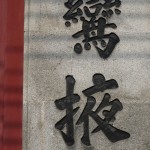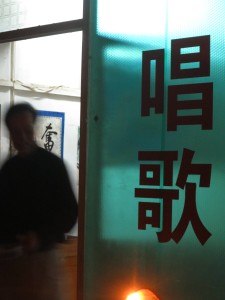Chinese Characters
Chinese characters (normal, not simplified) are beautiful, aren’t they? Even ordinary words like ‘toilet’ look somehow elevated to a higher sphere when they’re written with a brush, or printed for that matter. Not that the above characters mean ‘toilet’ but more like ‘a mythical bird’ and ‘roll up’ respectively. I must go back there and read the whole column again.
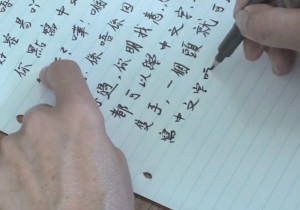
So I realise that some of my students or potential students are shy. I get it although I don’t understand it, being more of the ‘afraid to seriously hurt myself or die’ than the ‘afraid that people will laugh at me’ type. But I do understand that some people aren’t fans of hopping over to some stranger and striking up a conversation, especially not in a foreign language.
For those people I have devised a new way into Cantonese: Through reading and writing Chinese characters.
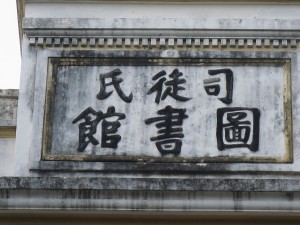
Chinese characters don’t laugh at you, they don’t answer you back in English or advise you to “learn Mandarin instead” and they never, ever give you a blank stare. They just lie there (and don’t think of England)!
Ostensibly impenetrable, Chinese characters are actually very easy to learn. Each component has a meaning and when you learn to recognise them you can have a fair idea what the word means. After only a few hours of studying, you’ll learn how to look up words in the dictionary, write characters and understand how, well, the whole Chinese system really, works.
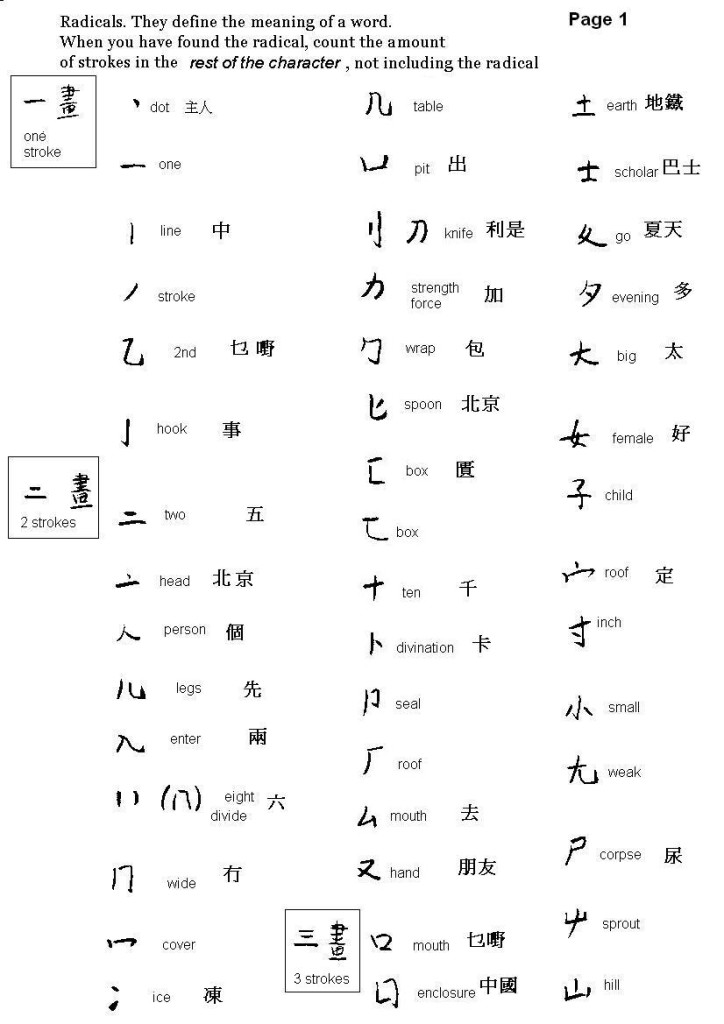
And then, after a few weeks and with the knowledge of how the language actually works more deeply ensconced, you’ll feel confident enough to go out and order something in Cantonese – and get it! Or not. Maybe you’ll just be happy knowing you can read every street sign in Hong Kong and know what every place name and every local’s name mean. Why not?

